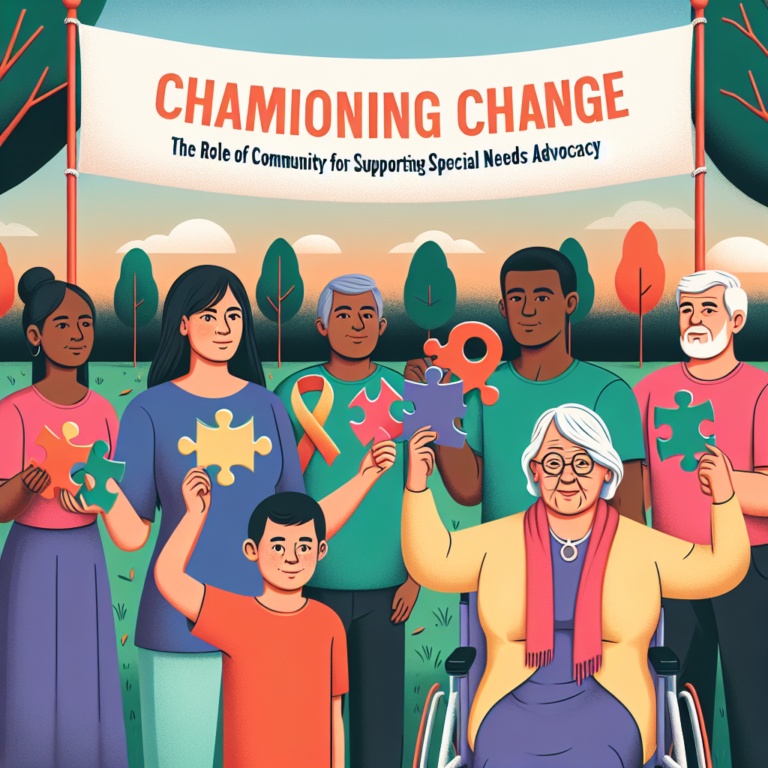Inherited Struggles: How Your DNA Could Determine Mental Illness Risks
Introduction
Imagine exploring a puzzle that holds the key to understanding not just your own health but the health of generations. As science advances, we find ourselves unraveling the complex tapestry woven into our DNA—an intricate set of instructions that influences everything from our physical traits to our psychological well-being. Today, we embark on an enlightening journey into "Inherited Struggles: How Your DNA Could Determine Mental Illness Risks." This exploration reveals how our genetic composition can predispose us to various mental health conditions, often stemming from family legacies. Understanding these inherited struggles can empower us to take proactive steps in managing our mental health and promoting wellness, ensuring we don’t merely inherit struggles but cultivate resilience.
Understanding the Genetic Foundation of Mental Illness
The DNA-Mental Health Link
For decades, researchers have sought to unpack the relationship between genetics and mental health. Genetic predispositions can influence brain chemistry, hormone levels, and the way we respond to stress—all key components that may lead to mental health disorders. Twin studies, family studies, and modern genomic research affirm the role of inherited traits in conditions such as depression, anxiety, bipolar disorder, and schizophrenia.
Case Study: Twin Studies
A significant body of research arises from twin studies. For example, a study published in the journal Archives of General Psychiatry examined identical twins, finding that if one twin had schizophrenia, the other had about a 50% chance of developing it as well. On the other hand, fraternal twins exhibited only a 15% concordance rate. These findings underscore the powerful influence of genes while also suggesting that environment plays a crucial role in shaping mental health.
The Role of Environment: Nature vs. Nurture
While genetics lay the groundwork, it’s vital to acknowledge the environmental factors that interplay with our inheritance. Stressful life events, trauma, and lifestyle choices all contribute to mental health outcomes. The dynamic between nature and nurture presents a complex landscape where both hereditary factors and life experiences shape mental health.
Table 1: Genetic vs. Environmental Influences on Mental Illness
| Factor | Impact on Mental Illness |
|---|---|
| Genetic Predisposition | Increases risk for disorders (40-70%) |
| Early Life Stress | Heightens susceptibility to many mental illnesses |
| Lifestyle Choices | Nutrition, exercise, and sleep influence mental health |
Mapping Genetic Risks: What the Research Shows
Key Genetic Markers and Their Implications
Recent advanced genomic studies have identified specific genetic markers associated with mental illnesses. The discovery of single nucleotide polymorphisms (SNPs) provides insights into potential risk factors. For instance, variations in the SLC6A4 gene, which is responsible for serotonin transport, have been linked to mood disorders and anxiety.
Case Study: Genetic Screening and Its Benefits
A notable example comes from a personalized mental health program at a leading university-affiliated hospital. By using genetic screening, patients received tailored interventions based on their individual genetic profiles. This program resulted in a marked improvement in treatment outcomes, demonstrating the value of understanding inherited struggles in mental illness treatment.
Graph 1: SNP Associations with Common Mental Disorders
The Power of Early Intervention
Understanding "Inherited Struggles: How Your DNA Could Determine Mental Illness Risks" offers a road to early intervention. By identifying genetic risks, individuals can take proactive measures to monitor their mental health.
Screening and Proactive Strategies
Routine mental health screenings can detect vulnerabilities, leading to timely, preventative interventions. For instance, behavioral therapies, lifestyle modifications, and even pharmacological approaches can be initiated based on identified risk profiles.
Case Study: The Importance of Family History
The experiences of families with a history of bipolar disorder highlight the significance of early intervention. In one family study, children of parents with the disorder benefitted from regular mental health check-ups, resulting in reduced symptom severity when compared to those without such monitoring.
Coping with Inherited Struggles
Building Resilience Through Awareness and Education
Education about genetic risks allows individuals to develop appropriate coping mechanisms. Resilience can often be cultivated through awareness, support systems, and mental health resources.
Strategies for Managing Risks
- Engage in Regular Physical Activity: Exercise releases endorphins, improving mood.
- Practice Mindfulness and Stress Reduction: Techniques like meditation can alleviate anxiety.
- Establish a Support System: Friends, family, or support groups can provide emotional backing.
Conclusion
The journey through "Inherited Struggles: How Your DNA Could Determine Mental Illness Risks" sheds light on a critical interplay of genetics and environment. Understanding the nature of our inherited struggles empowers us to navigate our mental health with a proactive approach. While our genetic code may predispose us to certain conditions, it does not define our destiny. Education, awareness, and proactive mental health strategies can significantly alter outcomes, providing a beacon of hope to those who may feel overshadowed by their genetic inheritance.
As you reflect on your own inherited struggles, remember that knowledge is power. By taking charge of your mental health and cultivating resilience, you can transform inherited challenges into pathways for growth and healing.
FAQs
1. Can mental illness be purely genetic?
While genetics can significantly influence mental health, environmental factors also play a crucial role. It’s often a combination of both that leads to mental illness.
2. How can I find out if I am genetically predisposed to mental illness?
Genetic testing offered by healthcare providers can identify risk factors associated with certain mental health conditions. Consulting with a mental health professional is also advisable.
3. Are there preventive measures I can take if I have a family history of mental illness?
Yes! Regular mental health screenings, engaging in a healthy lifestyle, and seeking early intervention can help mitigate risks.
4. Can therapy help even if mental illness runs in the family?
Absolutely! Therapeutic modalities, such as cognitive-behavioral therapy, can be very effective in managing symptoms, regardless of genetic predispositions.
5. Is there a connection between genes and environment in the context of mental health?
Yes! They interact closely. Genetic predispositions can be triggered or exacerbated by environmental stressors or life experiences, making both important for understanding mental health.
In this exploration of inherent struggles, we realize our genetic traits and life experiences intertwine to create the beautiful complexity of mental health. Embracing this understanding can lead to a more empowered, balanced path forward.

















